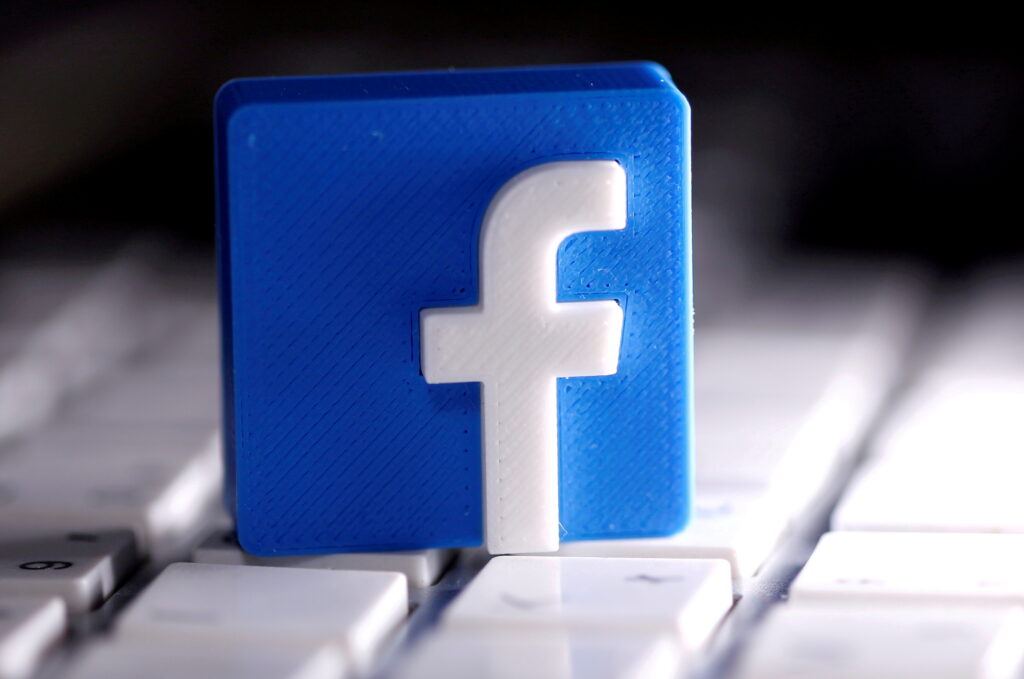
Facebook, founded in 2004 by Mark Zuckerberg and his Harvard college roommates, started as a modest platform aimed at connecting college students. Fast forward to today, and Facebook has evolved into a global social media giant with over 2.8 billion monthly active users as of 2023. Now owned by Meta Platforms, Inc., Facebook has played a critical role in shaping social media, influencing communication, and sparking both admiration and controversy over its nearly two-decade existence.
The Journey from Social Network to Tech Titan
Facebook’s journey began with a simple concept—allowing students to connect online by sharing profiles and making friends. Its initial success at Harvard quickly spread to other universities and soon grew beyond academia, reaching the public in 2006. By the late 2000s, Facebook had become one of the dominant social media platforms, and its growth continued exponentially. As it gained popularity, Facebook began acquiring other companies, including Instagram in 2012 and WhatsApp in 2014, solidifying its influence over the digital landscape.
In 2021, Facebook rebranded to Meta Platforms, Inc., signaling a shift toward Zuckerberg’s vision for the “metaverse,” a virtual reality space where people can interact through avatars. This change reflects Facebook’s ambition to push beyond social media and become a leader in immersive digital experiences, powered by advancements in virtual and augmented reality.
Features that Redefined Social Networking
Facebook’s influence is largely due to its innovative features. Key elements such as the News Feed, which curates personalized content for users, and the “Like” button, which lets people show approval, have redefined online interactions and set a standard for user engagement. Facebook also introduced Marketplace, a peer-to-peer selling platform, and launched tools for businesses to connect directly with customers. Its advertising tools have been highly lucrative, enabling companies to target specific demographics with precision.
These features helped shape not only Facebook’s success but also that of countless other platforms that followed. By integrating personalized content curation, Facebook created a model where engagement drives visibility, revolutionizing the way social media operates.
The Impact on Society and Communication
Facebook has fundamentally changed how people communicate and share information, making it easier than ever to connect with friends, family, and even strangers across the globe. It has become a platform for news dissemination, cultural exchange, and community building. From organizing social movements to bringing together niche communities, Facebook has empowered voices that might otherwise go unheard.
However, Facebook’s reach has not been without challenges. The platform has faced criticism over privacy concerns, misinformation, and its impact on mental health. High-profile data privacy scandals, such as the Cambridge Analytica incident in 2018, revealed that Facebook had shared user data without explicit consent, leading to widespread backlash and increased scrutiny over user privacy and data handling. Additionally, the platform has struggled to balance freedom of speech with the need to prevent misinformation and harmful content from spreading, especially during elections and public health crises.
Looking Ahead
As Facebook evolves under the Meta umbrella, its influence on technology and communication remains strong. The company’s focus on the metaverse and virtual reality indicates its intent to be at the forefront of future digital experiences. However, it also faces a growing call for responsibility and ethical transparency from its users and regulators worldwide.
In its nearly 20 years, Facebook has transformed from a simple college network into a powerful force that influences global communication. While it continues to innovate, Facebook must navigate a complex landscape of privacy, ethics, and user trust to remain relevant in the coming years.
